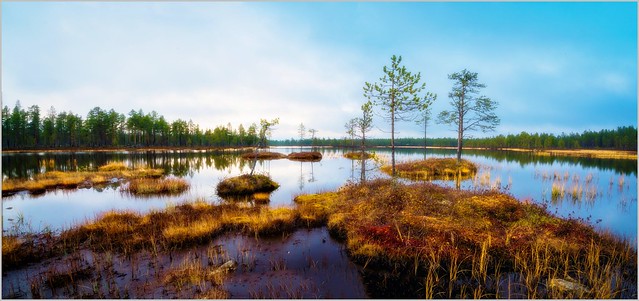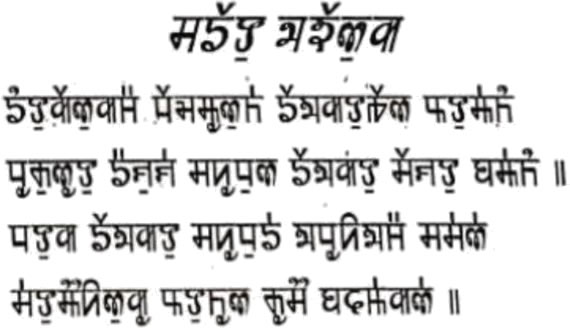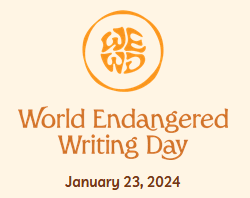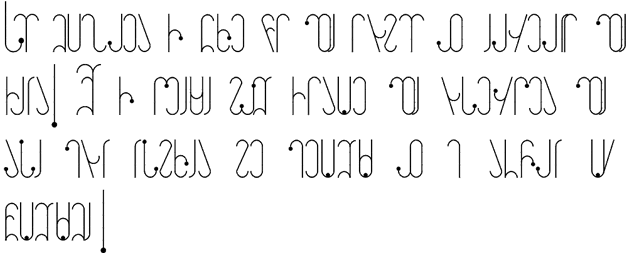Podcast: Play in new window | Download

Here’s the latest news from the world of Omniglot.
There are new language pages about:
- Iranun, a Danao language spoken mainly in the southwest of Mindanao island in the south of the Philippines.
- Onhan (Inonhan), a Western Bisayan language spoken mainly in the Province of Romblon in the Mimaropa region of the Philippines.
- Southern Sorsogon, a Central Bisayan language spoken in the south of Sorsogon Province in the Bicol Region of the Philippines.
New numbers pages:
- Onhan (Inonhan), a Western Bisayan language spoken mainly in the Province of Romblon in the Mimaropa region of the Philippines.
- Shompen, a Nicobarese language spoken in Great Nicobar Island, part of the Indian union territory of the Andaman and Nicobar Islands.
New phrases page: Gallo (galo), a Romance language spoken in parts of Brittany and Normandy in the northwest of France.
There’s a new Omniglot blog post entitled Mud Glorious Mud, which is about some mud-related words such as lutarious (of, pertaining to, or like, mud; living in mud), and there’s the usual Language Quiz. See if you can guess what language this is:
Here’s a clue: this language is spoken in the northwest of China.
The mystery language in last week’s language quiz was Murrinh-Patha, an Australian Aboriginal language spoken on the west coast of Australia’s Northern Territory.
In this week’s Adventure in Etymology, we look into the marshy origins of the word Quagmire.
On the Celtiadur blog there are new posts entitled Through and Through and Betwixt and Between, and I made improvements to the Green & Verdant and Blue / Green / Grey posts.
For more Omniglot News, see:
https://www.omniglot.com/news/
https://twitter.com/Omniglossia
https://www.facebook.com/groups/omniglot/
https://www.facebook.com/Omniglot-100430558332117
You can also listen to this podcast on: Apple Podcasts, Amazon Music, Stitcher, TuneIn, Podchaser, PlayerFM or podtail.
If you would like to support this podcast, you can make a donation via PayPal or Patreon, or contribute to Omniglot in other ways.
Radio Omniglot podcasts are brought to you in association with Blubrry Podcast Hosting, a great place to host your podcasts. Get your first month free with the promo code omniglot.












